
People discuss business by the stand of Schott, a German glass manufacturer, at the CIIE in Shanghai in 2021. (TANG KE/FOR CHINA DAILY)
Stabilizing cooperation
According to experts, China will also likely step up efforts to shore up the growth of foreign trade while improving the quality of trade in the face of increasing challenges, such as rising protectionism and softer global demand.
Chen Jianqi, a professor at the Party School of the CPC Central Committee (National Academy of Governance), said China is expected to accelerate domestic economic circulation to improve macroeconomic stability and create an environment to enable all enterprises to grow.
That will "in turn help China cultivate new competitiveness and provide a stronger basis for deepening international cooperation", he said.
"The country is expected to promote high-quality joint construction of the Belt and Road Initiative to cultivate new cooperation space with other economies and stabilize international circulation. At the same time, it is expected to deepen reform and expand high-level opening-up, speed up negotiations on economic and trade agreements with others, and align with high-standard economic and trade rules, thereby deepening both multiple and bilateral cooperation."
Tang, from Peking University's Guanghua School of Management, said the country is expected to strengthen efforts to develop trade in key producer services industries, which include communication and information technology, R&D, transportation, finance and manufacturing-related services.
That will help China upgrade its manufacturing sector and industrial structure to promote supply-side reform, he added.
Experts and business leaders said new trade formats and business models, such as cross-border e-commerce, are expected to make greater contributions to stabilizing foreign trade growth this year.
One example is Loctek Ergonomic Technology, a manufacturer of office products in Ningbo, Zhejiang province. It plans to invest more than $100 million to build a warehouse park in California this year to bolster sales and offer warehouse and logistics services to other Chinese exporters in the U.S..
Xiang Lehong, the company's chairman, said that as more foreign retailers rely on online sales to maintain growth, many domestic companies have been inspired to invest more in cross-border e-commerce business in both developed and developing markets.
According to Li Yong, chief researcher at D&C Thinktank, uncertainties in the global economy will lead to weakening demand worldwide this year, and some countries pursuing protectionist policies will likely adopt stricter trade-constraining measures.
Yet, there are also factors that support trade orders flowing back to China, including supportive government policies and the endeavors of foreign trade enterprises, he said.
Resilience, efficiency
"The resilience and efficiency of China's industrial and supply chains have been tested by the pandemic in the past three years, and with adjustments coming in the year from both the policy and enterprise sides, the stable Chinese economy will provide strong support for its foreign trade to grow against the background of the gloomy global economy," Li added.
Xiang, chairman of Loctek Ergonomic, stressed that it is important for Chinese companies to deepen ties with foreign clients via face-to-face communication at overseas trade fairs or by visiting their business operations in person.
He traveled to the U.S. in January, and he will visit a number of countries including Germany, South Korea and Japan in the first half of the year.
"Many foreign customers prefer to see, touch and feel products before placing orders," he said.
"Traveling abroad enables us to get a clear picture of what local consumers want and gain some insights in terms of product functions and designs."
Later this month, the company, which employs more than 4,000 people in China, Vietnam, the U.S. and Germany, will put its first self-owned container ship with 1,800 twenty-foot equivalent units of shipping capacity into operation, traveling between Ningbo-Zhoushan Port in Zhejiang and the Port of Los Angeles.
Xie Weihong, dean of the School of Economics at Guangdong University of Technology in South China, said exporters are expected to have more face-to-face interaction with foreign clients, particularly companies whose business is in industries such as clothing, foodstuffs and industrial components.













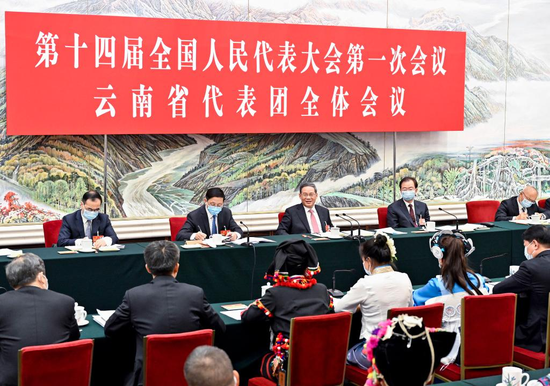
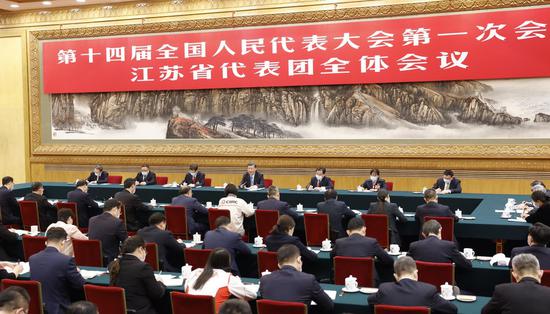

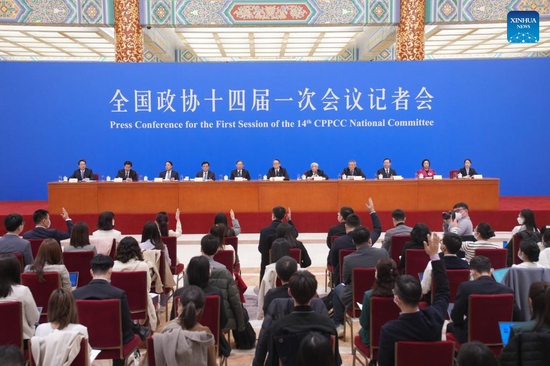
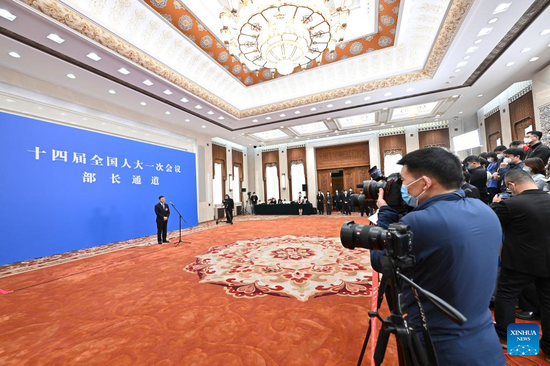

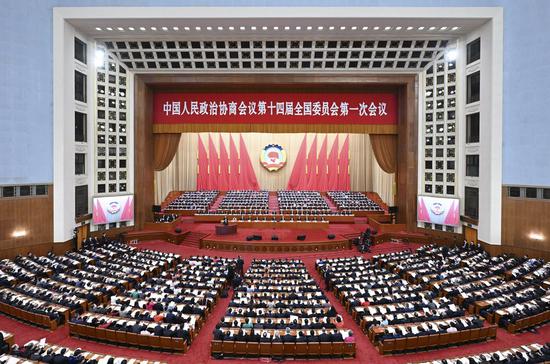

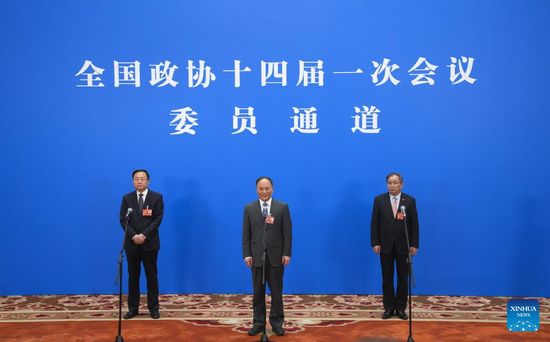
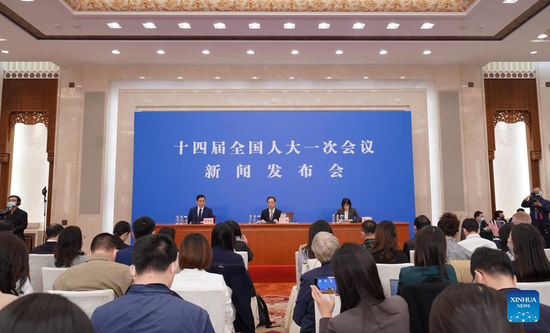
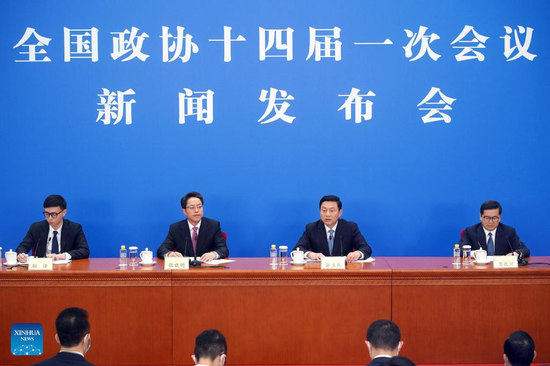
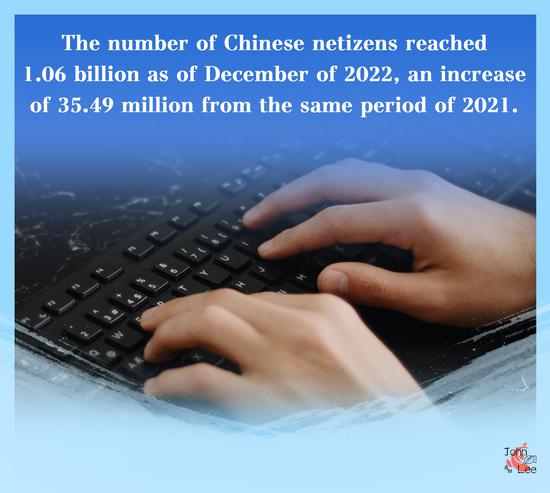
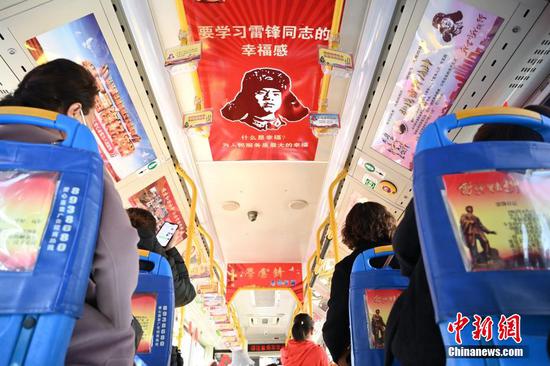








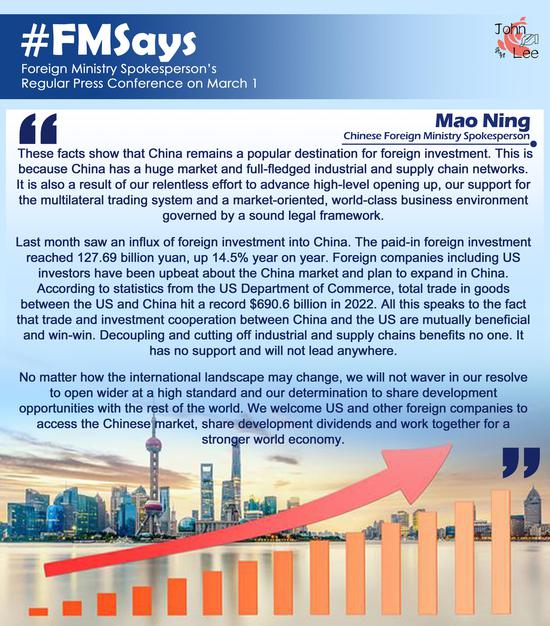
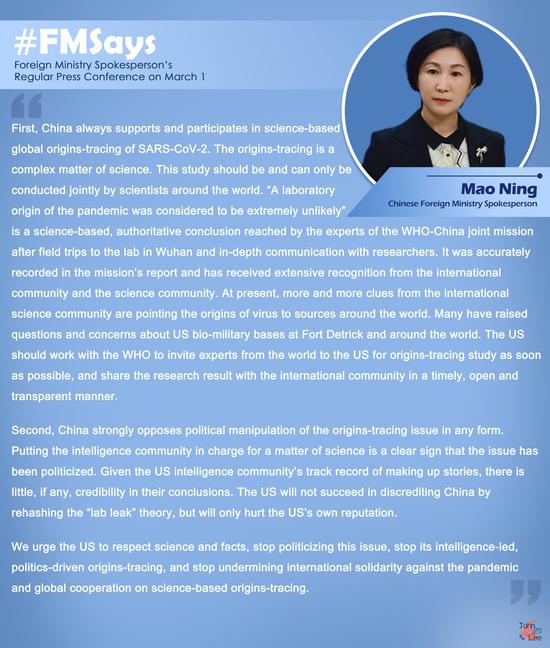



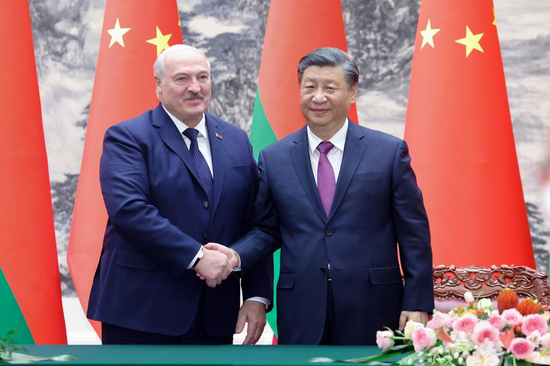


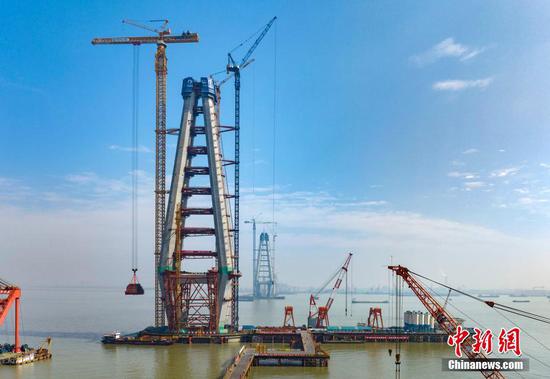
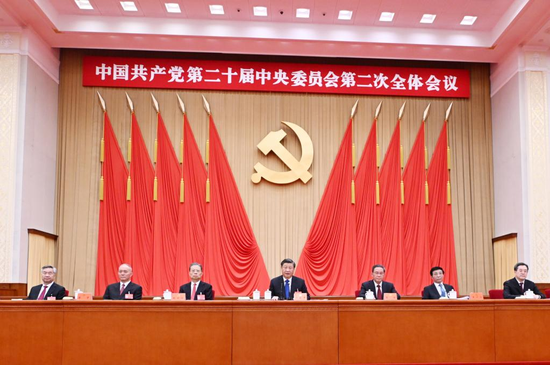
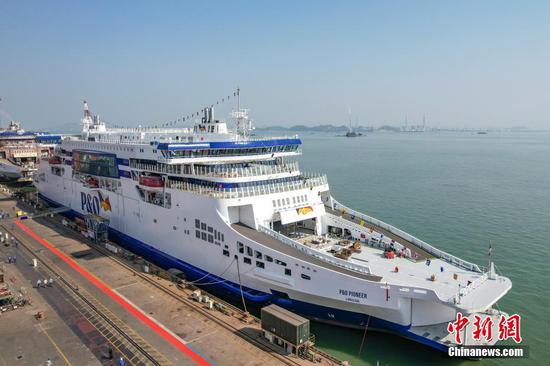





 京公网安备 11010202009201号
京公网安备 11010202009201号